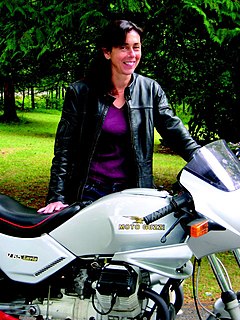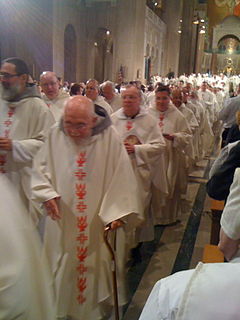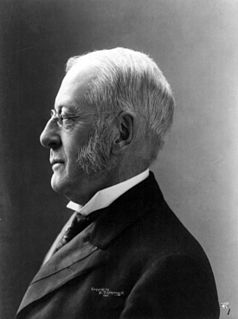A Quote by Henri Nouwen
Solitude does not pull us away from our fellow human beings but instead makes real fellowship possible.
Related Quotes
I feel like human beings can't help but destroy, but if our numbers are small we don't destroy as much as we do when our numbers are this huge and out of control. I wonder, what's the carrying capacity for human beings? When do we get to the point when we can't take it anymore, when it becomes too unpleasant to us just to be here because there's too many of us and there's no solitude anymore.
Social media puts us inside our phones and our computers and our headphones, and we're not connecting so much with our outside environment. Even when people go to the Grand Canyon they're more concerned about the selfies than actually looking at the canyon. I see it with my own kids - the addiction to needing things fast, never pausing to just see what's around us and connect with our fellow human beings in real time.
The prayer of listening makes things simple but it also makes us vulnerable, and that is frightening. Listening makes us open to Christ, the Word of God, spoken in all things: in the material world, the Scriptures, the Church, and sacraments and, sometimes most threateningly, in our fellow human beings. To listen at prayer is to take the chance of hearing the voice of Christ in the poor, the weak, those whom we love and those whom we do not love.
Any glimpse into the life of an animal quickens our own and makes it so much the larger and better in every way." ... "Surely a better time must be drawing nigh when godlike human beings will become truly humane, and learn to put their animal fellow mortals in their hearts instead of on their backs or in their dinners.
If we can forgive everyone, regardless of what he or she may have done, we nourish the soul and allow our whole being to feel good. To hold a grudge against anyone is like carrying the devil on your shoulders. It is our willingness to forgive and forget that casts away such a burden and brings light into our hearts, freeing us from many ill feelings against our fellow human beings.
When you read Marx (or Jesus) this way, you come to see that real wealth is not material wealth and real poverty is not just the lack of food, shelter, and clothing. Real poverty is the belief that the purpose of life is acquiring wealth and owning things. Real wealth is not the possession of property but the recognition that our deepest need, as human beings, is to keep developing our natural and acquired powers to relate to other human beings.





































